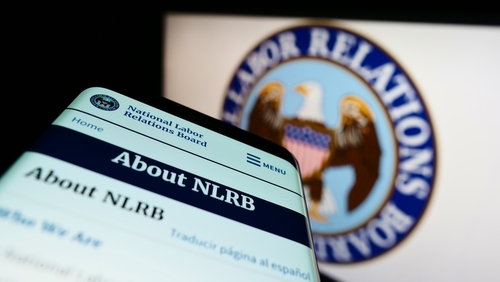ABA task force recommends due process protections in campus sexual assault investigations

Both the accused and the accuser should have due process protections when colleges and universities resolve allegations of campus misconduct, according to a report by an ABA task force.
Both parties should receive written notice before a formal investigation begins, both parties should be allowed to participate in an investigation, both parties should be allowed to review a school’s initial investigative report and to respond to the final report, and both parties should have a right to appeal, according to the report (PDF) by the ABA Criminal Justice Section’s Task Force on College Due Process Rights and Victim Protection.
The task force report endorses an adjudicatory model, rather than an investigatory model, to determine whether school policy is violated. In an adjudicatory model, a decision-maker who is not the investigator hears evidence during a hearing and makes a determination. In the investigative model, a decision is based only on an investigatory report.
At least three people separate from the investigator should serve as the decision-maker, and a unanimous vote should be required for a finding of a school policy violation, the report says.
Silence by the accused should not be interpreted as an admission of responsibility, according to the task force report.
The council of the ABA’s Criminal Justice Section unanimously endorsed the task force findings, but they are not formal ABA policy, according to an ABA press release.
The report also recommends:
• The investigation be fair, prompt and impartial. Both parties should have the right to participate in the investigation by identifying witnesses and providing relevant information.
• The initial investigative report should include information such as party statements, witness statements, and any inculpatory or exculpatory information collected during the investigation. Both parties should be allowed to request that information be included or removed from the final report.
• When a final report is issued, both parties should have the right to provide a written response that is provided to the decision-maker.
• At the decision-making stage, character and reputation evidence about both parties should be excluded. “Evidence of the past sexual history of the parties should be disfavored and admitted only when it provides compelling evidence on a disputed issue of relevance to the misconduct charge or its defense,” the report says.
• Neither the complainant nor the accused should be required to participate in the proceedings. They should not be allowed to question one another or witnesses, but they should have the chance to submit questions to the decision-maker.
• When both sides agree, schools may consider non-mediation alternatives to resolving complaints that are research- or evidence-based, such as restorative justice.
The ABA report was issued amid controversy over new campus sexual assault policies that some had criticized as failing to provide procedural protections to accused students.
Related articles:
ABAJournal.com: “New ABA task force will consider due process rights in college sexual-misconduct cases”
ABA Journal: “Lawyers are dealing with changing rules on college sexual assault”
ABAJournal.com: “How should universities balance sexual assault victims’ rights with due process for the accused?”
Write a letter to the editor, share a story tip or update, or report an error.


